Naked without either cover or dress,
Utterly souless, and hollow--
from its mouth come wisdom and prudence,
and in ambush it kills like an arrow.
ABU AYYUB SULAIMAN IBN YAHYA IBN JABIRUL, born Shelomoh Ben Yehudah Ibn Gabirol, in either 1021 or 1022, in Malaga, to an undistinguished family that may have fled the collapsing capital of the Umayyad Caliphate, Córdoba, with the same wave of refugees that included Shmuel Ha-Nagid, who would go on to become the period's first great Hebrew poet. At some point his father moves the family north to Saragossa, and Ibn Gabirol--or, in Arab circles, Abu Ayyub Sulaiman Ibn Yahya Ibn Jabirul--is raised in that important center of Islamic and Jewish learning. Ibn Gabirol's father dies while the precocious son is still in his early teens, and the young man is looked after by a Jewish notable at the Saragossan court, Yequtiel Ibn Hasan al-Mutawakkil Ibn Qabrun.
In 1039 Yequtiel is killed, and Ibn Gabirol loses his patron. He leaves Saragossa sometime after 1045, and most scholars assume that he goes south, to Granada, to the court of HaNagid, who is, at that point, governor (nagid) of the region's Jews, prime minister of that Muslim ta'ifa (party state) under its Berber king, and commander-in-chief of the Granadan army. He writes secular verse, and later in life he is supported by his writing for the synagogue, composing radical and, in comparison with his court-centered verse, remarkably self-deprecating piyyutim, or liturgical poems. Apart from his diwan and his philosophical masterwork, The Fountain of Life, he produces a short but striking ethical treatise, On the Improvement of the Moral Qualities, and claims in one of his poems to have written some twenty books--now lost--on philosophical, linguistic, scientific, and religious topics.
In 1039 Yequtiel is killed, and Ibn Gabirol loses his patron. He leaves Saragossa sometime after 1045, and most scholars assume that he goes south, to Granada, to the court of HaNagid, who is, at that point, governor (nagid) of the region's Jews, prime minister of that Muslim ta'ifa (party state) under its Berber king, and commander-in-chief of the Granadan army. He writes secular verse, and later in life he is supported by his writing for the synagogue, composing radical and, in comparison with his court-centered verse, remarkably self-deprecating piyyutim, or liturgical poems. Apart from his diwan and his philosophical masterwork, The Fountain of Life, he produces a short but striking ethical treatise, On the Improvement of the Moral Qualities, and claims in one of his poems to have written some twenty books--now lost--on philosophical, linguistic, scientific, and religious topics.
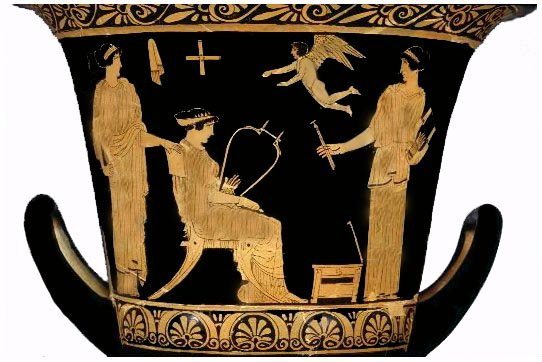
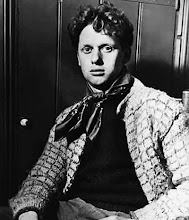



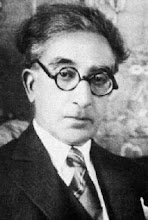
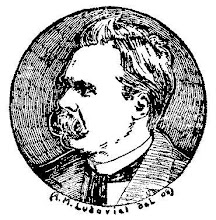
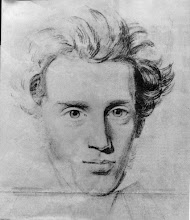


No comments:
Post a Comment